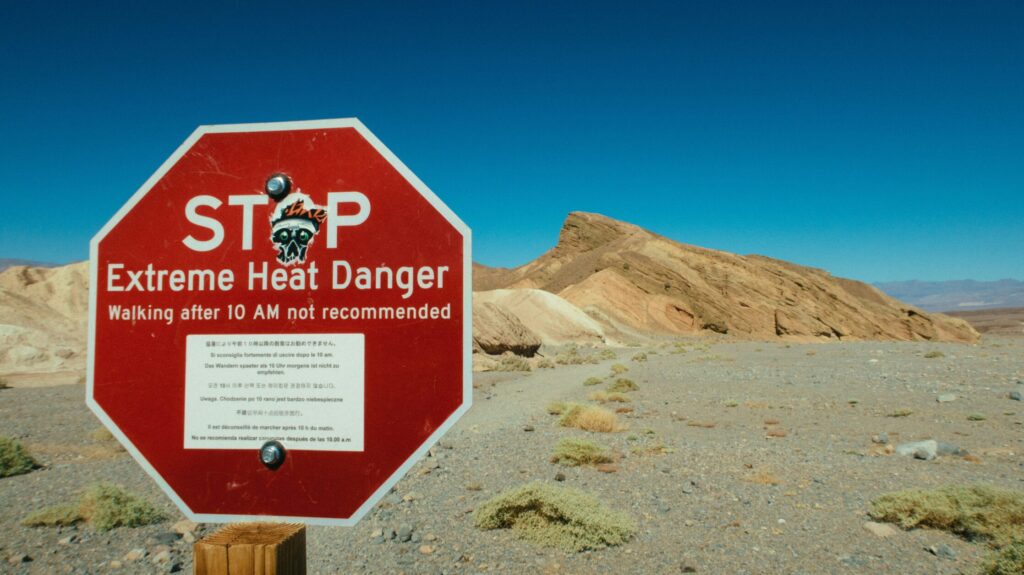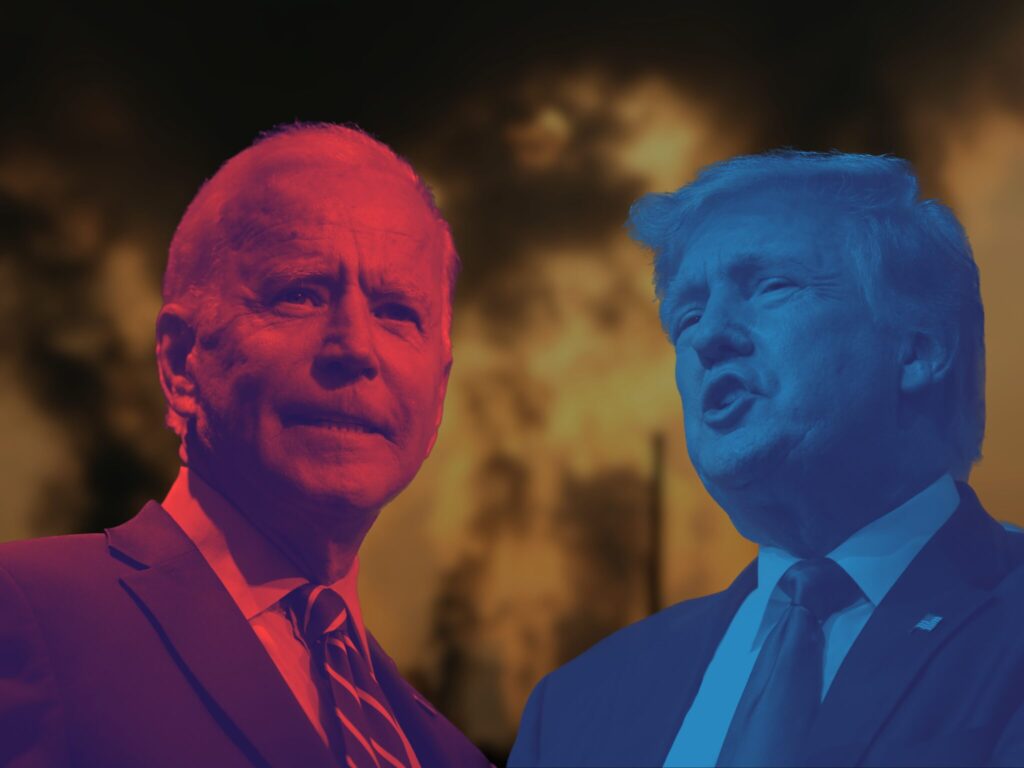Biden Proposes Rules to Protect 36 Million Workers from Extreme Heat, Attacks Republican Climate Deniers
5 Mins Read
US president Joe Biden attacked Republican climate deniers as he proposed a new standard to protect American workers from extreme heat.
“More people die from extreme heat than floods, hurricanes and tornadoes combined. These climate-fuelled extreme weather events don’t just affect people’s lives. They also cost money. They hurt the economy, and they have a significant negative psychological effect on people.”
These were the words of US President Joe Biden at the Washington DC Emergency Operations Center on Tuesday, hours after his administration proposed a new rule to protect workers from climate-change-induced extreme heat.
If finalised, this would be the first federal workplace safety standard for extreme heat, safeguarding the health and wellbeing of 36 million workers across the US.
What are the new proposed extreme heat rules?
Proposed by the Department of Labor’s Occupational Safety and Health Administration (OSHA), the new rules aim to “substantially reduce heat injuries, illnesses, and deaths for over 36 million workers to whom it will apply, from farmworkers to construction workers, postal workers, manufacturing workers, and so much more”, Biden said.
First called for by agricultural worker groups, the rule would require employers to develop an injury and illness prevention plan to control heat hazards in workplaces that can be affected by excess heat.
It includes specific safeguards for when the heat index in the workplace crosses 80°F (27°C), requiring employers to provide increased access to drinking water and temperature-controlled break rooms. At 90°F (32°C), the rule would trigger protocols that include 15-minute paid breaks every two hours, observation of all employees, and hazard alerts.
The rule would also mandate a plan to protect new and returning workers via a heat acclimatisation process so they can gradually increase their exposure to high temperatures. Moreover, companies would need to appoint heat safety coordinators, undertake extreme heat safety training, and create and regularly update emergency response plans.
This would apply to all 50 US states, including Texas and Florida, which have passed laws that prevent municipalities from introducing heat safety measures in workplaces.
Employers who fail to comply could be subject to fines – OSHA’s general duty clause stipulates that workplaces with dangerous heat stress levels face penalties of up to $16,000, but a new standard would increase that sum significantly.
Why are these protections needed?

As Biden explained, extreme heat is the top weather-related killer in the US, and this threat is only increasing thanks to climate change.
Between 2011 and 2022, 479 workers in the US died from heat exposure – an average of 40 fatalities a year. In this period, there were nearly 34,000 work-related heat injuries and illnesses as well, resulting in many days away from work. But experts suggest that these figures are vast underestimates.
The Environmental Protection Agency released a new Climate Indicators report the same day, which estimated that 2,3000 Americans had died from heat-related illnesses in 2023 alone, which was the hottest year ever recorded globally.
And between 1992 and 2022, nearly 1,000 workers across all industries died from heat exposure, with construction accounting for 34% of the share. There’s a 66% chance that 2024 will end up being the warmest year on record, highlighting the need for such policy protections.
What happens next?
The Department of Homeland Security’s Federal Emergency Management Agency has announced nearly $1B in grants for over 650 climate projects that would help communities protect against climate disasters and natural hazards, including extreme heat, storms and flooding.
Additionally, Washington DC will receive more than $3.5B for infrastructure upgrades, according to mayor Muriel Bowser.
These are the latest examples of public climate finance in the US, which aim to adapt to and mitigate the impact of extreme weather events on the country’s population and its economy. Last year, 28 individual climate disasters caused a total of $90B in economic damage in the US.
The White House will convene state, local, tribal and territorial leaders for a first-ever summit on extreme heat this summer.
A Trump reelection would be fatal

Biden’s speech came just a week after his disastrous performance during the first presidential debate, which exacerbated concerns about his age and ability to lead the nation. While Biden stepping away and Democrats choosing another candidate is highly unlikely, it cannot be ruled out at this stage.
But the president provided a reminder of what really is at stake in November. Donald Trump – who last week lied more than any other candidate has in a presidential debate, according to the Biden campaign –taking office could prove deadly for the fight against climate change.
When he was president, Trump pulled out from the Paris Agreement (something he scoffed about in the debate last week too), and made policy rollbacks that – if implemented – would have increased the US’s greenhouse gas emissions by 3%. The federal target is to reduce emissions by at least half come 2030 (from a 2005 baseline).
The proposed rule faces potential legal challenges from trade groups and the tranche of “Maga Republicans in Congress” who are working to “undo” the administration’s climate progress, Biden said. He took aim at Republican lawmakers and voters who continue to “deny that climate change even exists”, outlining how not a single congressional Republican signed the Inflation Reduction Act, the biggest climate protection bill in US history.
“It’s not only outrageous, it’s really stupid. When disaster strikes, there are no red states or blue states,” said Biden.
If Trump is elected for a second term, his administration could quash this effort, playing to businesses and lobbying groups that oppose such measures. The former president has suggested fossil fuel executives raise $1B for his presidential campaign, and in return, he would pull back climate regulations and unleash oil and gas drilling.
But fossil fuels are the most polluting industry on Earth, and no country has ever produced more oil and gas in a single year than the US did in 2023. Reelecting a man who will phase in – not out – the biggest threat to the planet will spell climate disaster in more ways than one.



